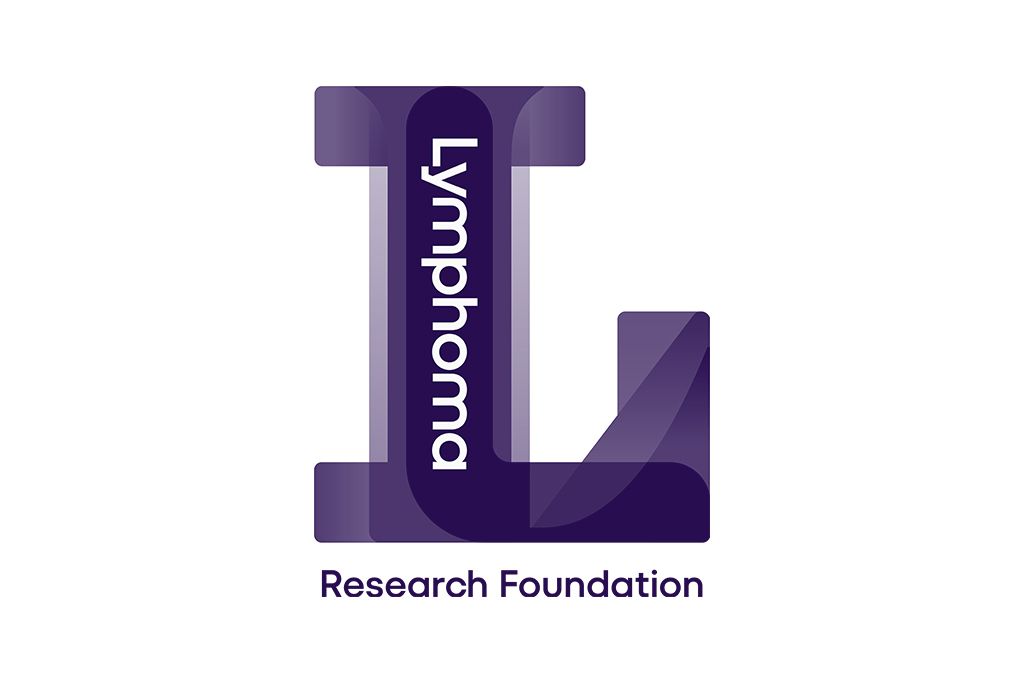
Caring for a Patient With Lymphoma Also Includes the Caregiver

A recent webinar from the Lymphoma Research Foundation gave important advice for caregivers, including the importance of taking care of oneself.
Managing stress as well as coping mechanisms for caregivers were two important topics covered in recent webinar, “Caregiving for a Loved One with Lymphoma,” by the Lymphoma Research Foundation. Experts also covered practical tips for families going through a cancer diagnosis at this time.
During the virtual event, Dr. Thomas Habermann, hematologist and professor of medicine at Mayo Clinic, Rochester, Minnesota, presented on the topics, along with ambassador Chris Zavadowski.
In 2008, Zavadowski’s father received a diagnosis of peripheral T-cell lymphoma, an aggressive subtype of non-Hodgkin lymphoma. At 29 years old, Zavadowski became a caregiver (along with his mother) to his father.
“He was stage 4. So it was in his blood. It was in his bone marrow. It was metastasized in his ribs and his leg. He was knocking on death's door,” he said in an interview with CURE®. “We didn't know if he'd be there blowing out his birthday candles in a few months for his own birthday or there for Thanksgiving or coming down the steps on Christmas morning. It was really scary.”
During the webinar, both speakers gave advice to caregivers based on their own experiences, one as a medical expert and the other as a caregiver, himself. “My biggest piece of advice to caregivers is show up and be present. … And that's all you got to do,” Habermann said in an interview with CURE®.
He also noted other important tips including understanding the disease as much as possible and the importance of connection to friends, family and oneself.
For Zavadowski and his family, staying connected and organized were two of the most important facets during his father’s treatment. Luckily, he had the ability to work from home and spent most of 2008 caring for his father — waiting at the hospital with him during treatment or driving him to the National Institutes of Health for tests. The family also used Google Calendar to keep track of appointments and medications.
“But I think ultimately going through it together, having other people to lean on … was what made it possible for us to get through it. Whether it's a mom, dad, whoever we could lean on, the fact that we had other people or resources that we could tap into for support. And in my case, it was my mom. And in my mom's case, it was me. And then my dad could just lean on both of us because the patient is not 100% there usually, unfortunately, with blood cancers and lymphoma,” he explained.
Habermann said that for those caregivers who can attend appointments with their loved ones, using resources like the Lymphoma Research Foundation beforehand are important to get a better understanding of the disease. For more detailed or individualized questions, “I strongly encourage … family members and I encourage patient and caregiver to keep a little tablet or something even in purses or briefcases to keep track of what the questions are,” he said.
Zavadowski also highlighted the importance of taking care of oneself while caregiving. “I think staying connected to what brings people joy, especially for the caregiver, because so many things get put on hold. As Dr. Habermann said (in the webinar), he thinks it's harder for the caregivers and the patients sometimes, and I think because we will drop everything else because we're at 100% to take care of the person that is battling for their life. But if we're not staying at 100% or keeping ourselves there it becomes really hard. We can start having a lot of issues ourselves,” he said.
While his father was in treatment, Zavadowski remembers staying active, going to the movies or starting new hobbies. On weekends, his family decided to not talk about anything medical-related. He explained, “We just purposely forced ourselves to take a break from that and not let that take over our life. Let our lives be something else and be defined in other ways besides the cancer. The cancer does not have to be what defines somebody when they’re going through it. It’s just a part of the journey.”
For more news on cancer updates, research and education, don’t forget to




